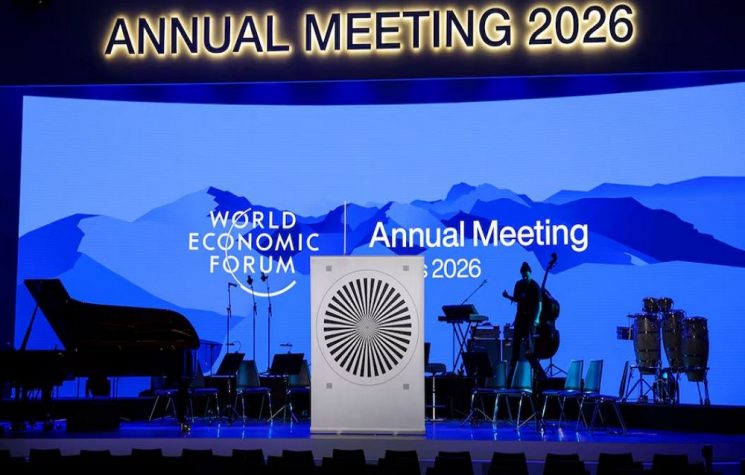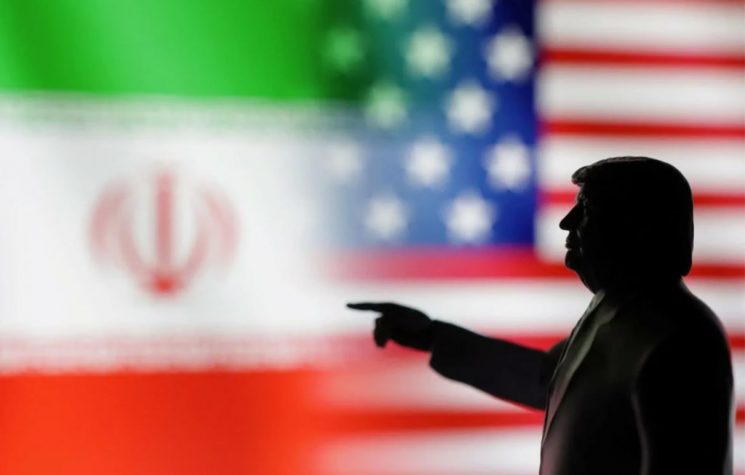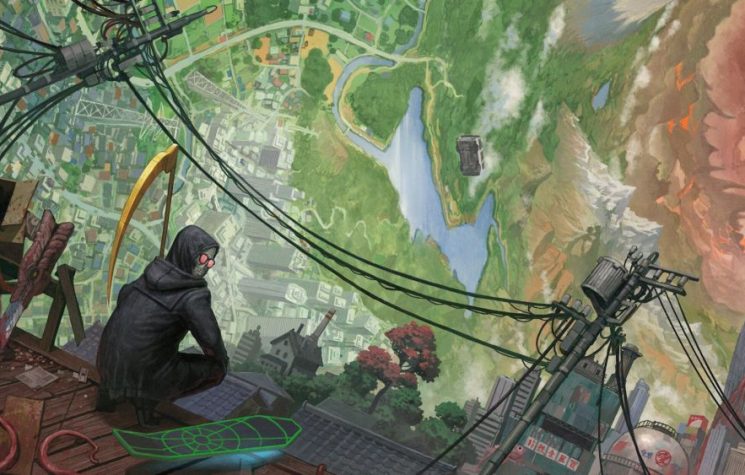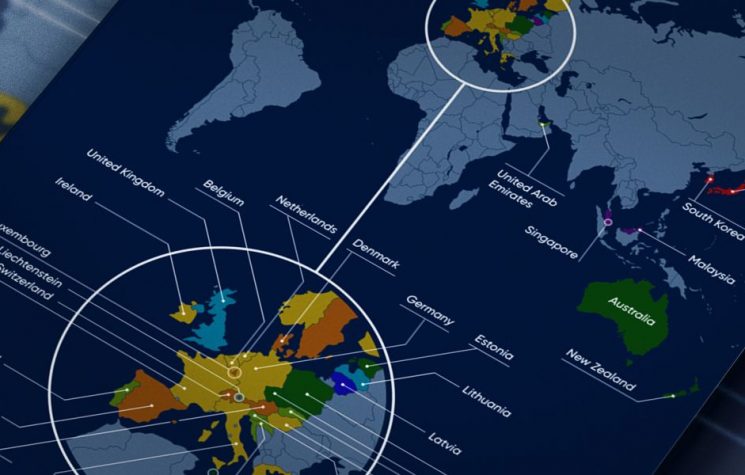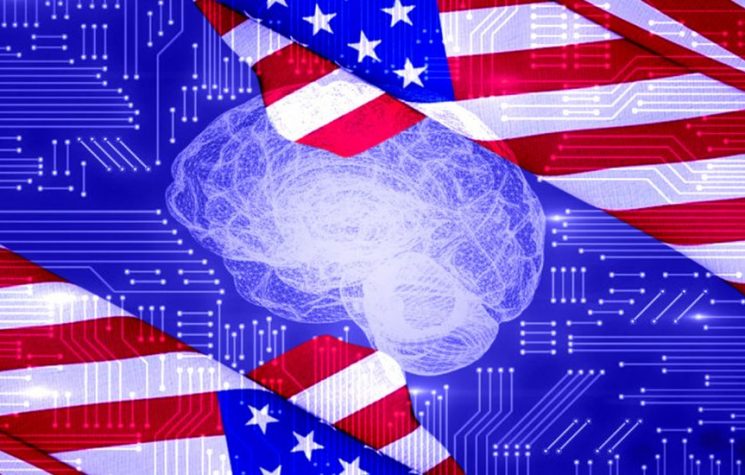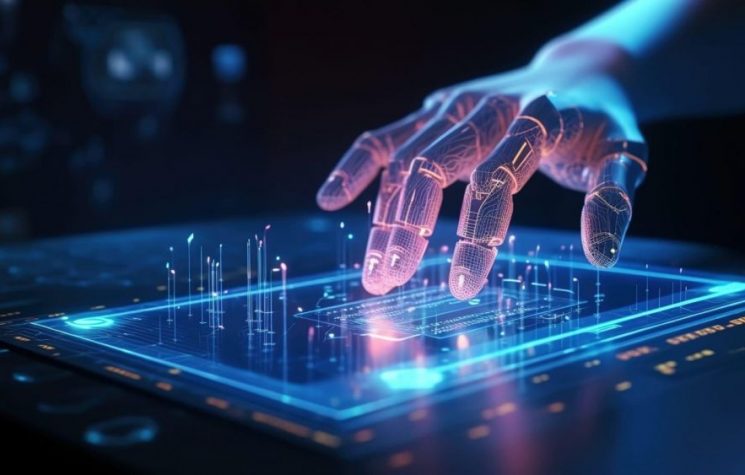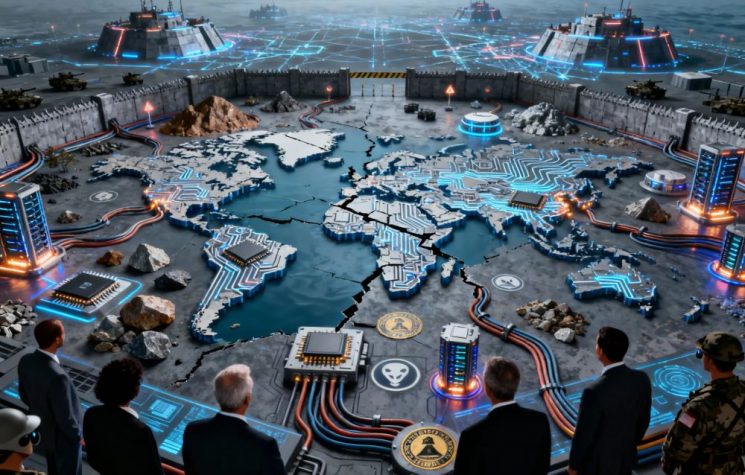If all of a country’s energy is concentrated in data centers, how can a steel mill, a car factory, or any factory be opened?
Join us on Telegram![]() , Twitter
, Twitter![]() , and VK
, and VK![]() .
.
Contact us: info@strategic-culture.su
It’s a fact that artificial intelligence data centers consume a lot of energy, so the logical consequence is that someone is paying a higher energy bill. Late last month, Bloomberg, in an article titled “How AI Data Centers Are Sending Your Power Bill Soaring,” put a number to the problem and a face to its victims: in areas near data centers, electricity bills have risen 267% in five years.
The complex and fragmented U.S. power grid causes prices to vary greatly from location to location, so the increase is most felt in places with many data centers. This location is the poor state of Virginia, where 39% of the energy is consumed by data centers. Other heavily affected states are Oregon (33%), Iowa (18%), Nevada (15%), Utah (15%), and Nebraska (14%). According to Bloomberg, “the issue is especially pronounced in the Portland suburb of Hillsboro, where 15 major data centers are located. […] Rising home power costs contributed to a wave of electricity shutoffs during a frigid winter last year.” In other words, people in the world’s richest country are having to endure the cold because of the energy consumed by data centers.
Of course, it’s not just about data centers, but about a range of policy options. And bad things can always get worse. Because the U.S. is a plutocracy, a Republican lawmaker named Roy Klopfenstein proposed a bill to safeguard data centers from power problems. After all, if demand in a given location is too high, it can cause a power outage that affects everyone. To address this issue, the lawmaker proposes a “voluntary” program in which poor people allow their heaters to be remotely controlled to consume less energy, in exchange for lower bills. The bill states: “For customers that participate in the program, the utility may take actions to reduce the customer’s load at peak times, such as increasing the temperature on the customer’s air conditioner, reducing the temperature on the customer’s hot water heater, or cycling other appliances.”
Two comments on this. First, just a few years ago, it would have been impossible to remotely control other people’s electrical appliances. However, with the Internet of Things, this has changed—to the point that it’s now possible to hack them. In 2016, it was already a topic in the press that couples were unknowingly filmed on their Smart TVs having sex on the couch and ended up on pornography sites. Imagine the potential for control and surveillance that doesn’t exist in a home with a TV, vacuum cleaner, air conditioning, Alexa—all connected to the Internet. Ironically, this connection of everything leads to higher electricity consumption—and will be used to control the poor who use too much. The other comment is that all these “voluntary” things that somehow pay are only legally voluntary: if the cost is unfeasible (and the cost is only expected to increase with the expansion of AI), it’s clear that the poor will be forced to join the program. Only in the minds of an anarcho-capitalist is coercion carried out by physical force.
Of course, concern for the poor is a moral duty. However, beyond moral issues, every country must have an elite concerned with national planning. And what’s clear is: high electricity bills affect not only ordinary people, but also any productive entrepreneur. If all of a country’s energy is concentrated in data centers, how can a steel mill, a car factory, or any factory be opened? And what does the U.S. as a country gain from data centers?
AI is one of the most overrated things in the world. It’s certainly useful for some, but it’s also true that ordinary people use it for the most superfluous or even harmful purposes. Some people use AI as a therapist, or as a friend to confide in, and a young man with this profile even committed suicide. AI also serves to prevent many people from practicing their knowledge of other languages and writing. Finally, it’s worth mentioning that Grok, according to Elon Musk’s own propaganda, is used to create a lot of hentai—that is, pornographic Japanese cartoons. How much energy would be saved if AI had restricted access?
However, Big Tech owners aren’t entirely irrational. AI feeds on data, and the more people use AI, the more it will know its users. This serves marketing purposes—and I hope I’ve shown here that Instagram’s ultimate purpose is a post-industrial economy based on digital marketing, planned well before the platform’s invention. AI likely intends to follow the same path, and one wonders who entrepreneurs will sell to when the supply of online depressed people runs out (given that Western fertility and life expectancy are falling).
Be that as it may, this is a decision made from above. Donald Trump’s White House announced a $92 billion investment in AI energy, and the website itself records the gratitude of several business executives to the president. Thus, we see that the United States’ priorities have nothing remotely to do with the common good of its citizens. And since when it rains it pours, Lula’s minister, Fernando Haddad, is already working to attract data centers to Brazil with tax incentives.










